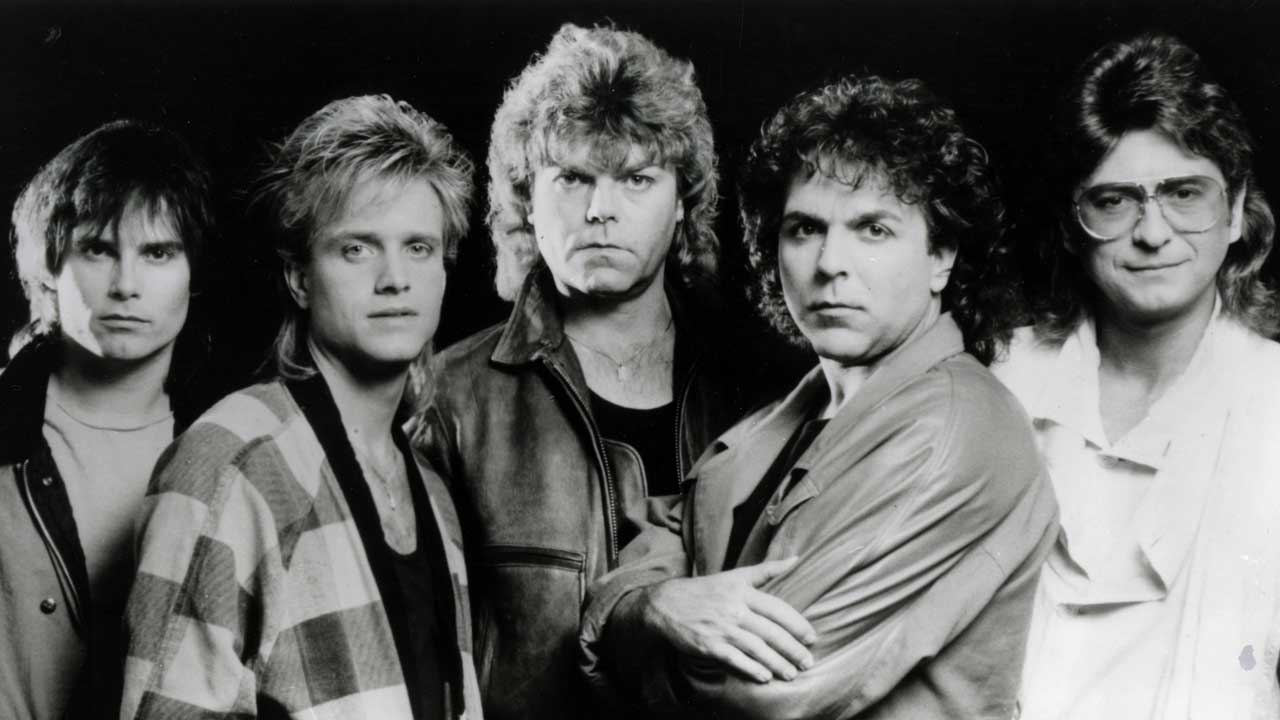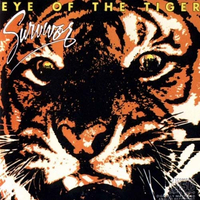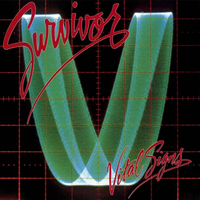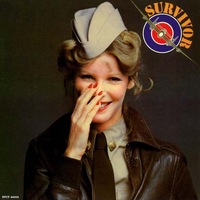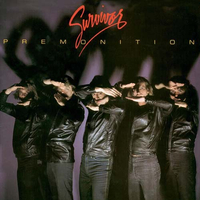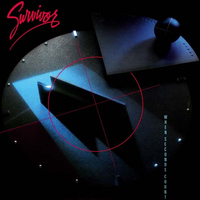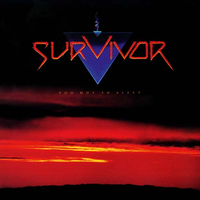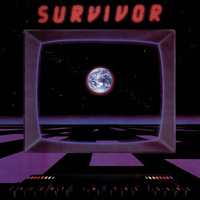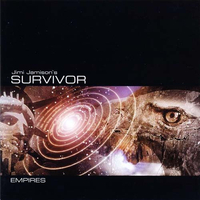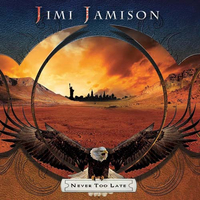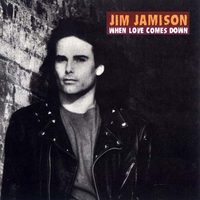On August 31, 2014, rock’n’roll lost another great singer. Jimi Jamison was not a household name, but the songs he sang were loved by millions – songs such as Burning Heart, the biggest hit he had with Survivor, and I’m Always Here, recorded as a solo artist – the theme to hugely popular TV series Baywatch.
What Jamison left behind – principally, in the albums he cut with Survivor in the 80s – is some of the greatest AOR music of all time. As Jim Peterik, one of the group’s founding members, said in tribute: “Jimi was one of the very best.”
When Jamison joined Survivor in 1984, the band was already a household name. Formed in Chicago in 1977 around the nucleus of keyboard player Peterik, guitarist Frankie Sullivan and Dave Bickler, Survivor shot to fame in 1982 with Eye Of The Tiger. Written for the blockbuster Rocky III – at the personal request of the movie’s star Sylvester Stallone – Eye Of The Tiger topped the charts in eight countries.
Bickler was a charismatic figure, with his powerful voice and signature Che Guevara-style beret, worn to hide his premature baldness. But after the phenomenal success of Eye Of The Tiger, he developed nodes on his vocal cords and was forced to leave the band. As Peterik said: “Very few bands can survive a lead singer transplant.”
And yet, with Jamison, Survivor had a huge hit with the album Vital Signs and then with a repeat performance for Stallone on Burning Heart, the theme song from Rocky IV, which reached No.2 in the US.
When the hits dried up at the end of the 80s, Survivor was officially declared “on hiatus”. In the years that followed, there would be various reunions but, in 1996, Peterik left the band never to return. In 2006, Jamison and Sullivan made Survivor’s comeback album, Reach.
With Jimi Jamison gone, the career of a legendary American rock band faltered. He was replaced by 21-year-old Cameron Barton, who sang alongside Bickler until the latter quit in 2017. And while they haven't made an album since Reach, their music lives on.
“The legacy of Survivor is the songs and the message in those songs,” Jim Peterik says. “We stood for the good fight.”

And one to avoid...
You can trust Louder Our experienced team has worked for some of the biggest brands in music. From testing headphones to reviewing albums, our experts aim to create reviews you can trust. Find out more about how we review.
